THE RIVER POLLUTION DILEMMA
IN VICTORIAN ENGLAND
Modern Economic and Social History Series
General Editor: Derek H. Aldcroft
Titles in this series include:
British Conservatism and Trade Unionism, 19451964
Peter Dorey
The International Order of Asia in the 1930s and 1950s
Edited by Shigeru Akita and Nicholas J. White
Personal Capitalism and Corporate Governance
British Manufacturing in the First Half of the Twentieth Century
Myrddin John Lewis, Roger Lloyd-Jones, Josephine Maltby
and Mark David Matthews
A Decent Provision
Australian Welfare Policy, 1870 to 1949
John Murphy
Commerce and Culture
Nineteenth-Century Business Elites
Edited by Robert Lee
The Eclipse of Elegant Economy
The Impact of the Second World War on Attitudes to Personal Finance in Britain
Martin Cohen
The American Reaper
Harvesting Networks and Technology, 18301910
Gordon M. Winder
Land, Proto-Industry and Population in Catalonia, c. 16801829
An Alternative Transition to Capitalism?
Julie Marfany
The Making of a World Trading Power
The European Economic Community (EEC) in the GATT Kennedy Round Negotiations (196367)
Lucia Coppolaro
Eastern European Railways in Transition
Nineteenth to Twenty-first Centuries
Edited by Ralf Roth and Henry Jacolin
The River Pollution Dilemma in
Victorian England
Nuisance Law versus Economic Efficiency
LESLIE ROSENTHAL
Keele University, UK
First published 2014 by Ashgate Publishing
Published 2016 by Routledge
2 Park Square, Milton Park, Abingdon, Oxon OX14 4RN
711 Third Avenue, New York, NY 10017, USA
Routledge is an imprint of the Taylor & Francis Group, an informa business
Copyright 2014 Leslie Rosenthal.
Leslie Rosenthal has asserted his right under the Copyright, Designs and Patents Act, 1988, to be identified as the author of this work.
All rights reserved. No part of this book may be reprinted or reproduced or utilised in any form or by any electronic, mechanical, or other means, now known or hereafter invented, including photocopying and recording, or in any information storage or retrieval system, without permission in writing from the publishers.
Notice:
Product or corporate names may be trademarks or registered trademarks, and are used only for identification and explanation without intent to infringe.
British Library Cataloguing in Publication Data
A catalogue record for this book is available from the British Library
The Library of Congress has cataloged the printed edition as follows:
Rosenthal, Leslie, Dr.
The River Pollution Dilemma in Victorian England: Nuisance Law Versus Economic
Efficiency / by Leslie Rosenthal.
pages cm. (Modern Economic and Social History)
Includes bibliographical references and index.
1. Water Pollution Law and legislation Great Britain. 2. Environmental policy
Great Britain Cases. 3. Environmental policy Great Britain History. I. Title.
KD3375.R67 2014
344.41046343dc23
2013031422
ISBN 978-1-409-44182-3 (hbk)
To Harriet
Contents
List of Maps
Modern Economic and Social History Series General Editors Preface
Economic and social history has been a flourishing subject of scholarly study during recent decades. Not only has the volume of literature increased enormously but the range of interest in time, space and subject matter has broadened considerably so that today there are many sub-branches of the subject which have developed considerable status in their own right.
One of the aims of this series is to encourage the publication of scholarly monographs on any aspect of modern economic and social history. The geographical coverage is world-wide and contributions on the non-British themes will be especially welcome. While emphasis will be placed on works embodying original research, it is also intended that the series should provide the opportunity to publish studies of a more general thematic nature which offer a reappraisal or critical analysis of major issues of debate.
Derek H. Aldcroft
University of Leicester
Preface and Acknowledgements
For stimulating and generating the initial interest and ideas which led to this book, I am indebted to the happy accident of being asked at short notice to teach an academic course in law and economics. As a result, I became increasingly curious about the actual post-litigation course of events which would have followed the court hearings of the individual civil law cases put forward as examples, but empirical detail on these outcomes seemed elusive. I was especially interested by the circumstances of a Victorian sewage pollution dispute in England, at Birmingham, where it seemed a real dilemma had been posed by the conflicting sanitary needs of the rapidly changing urban society of the time and the existing requirements of the English civil law concerning nuisance. For Birmingham, and then for other similar cases, it became increasingly intriguing to discover the empirical detail about what happened next. The results of pursuing this enquiry into the history, context and outcomes of these river pollution cases, at Birmingham and elsewhere, you will find in the pages that follow. I greatly enjoyed the searching out and gathering of the evidence, and discovering the (unexpected) presence among it of Victorian luminaries like Charles Dickens, Michael Faraday and William Ewart Gladstone.
My research for this book has fundamentally depended upon the availability of original documentation held in public archives. I am grateful for the assistance offered by staff at the National Archives at Kew; Oxfordshire Record Office at Oxford; Barnsley Archive and Local Studies Centre at Barnsley Library; Birmingham City Archives at the Central Library, Birmingham; Staffordshire Record Office at Stafford; Warwickshire County Record Office at Warwick; Harrogate Library; Greater Manchester County Record Office; the West Yorkshire Archive Service at Leeds and Wakefield; Northamptonshire Record Office at Northampton; the Tunbridge Wells Archives at the Royal Tunbridge Wells Museum and Art Gallery; and Wolverhampton City Archives at Wolverhampton. For their responses to specific queries I would like to thank: Ian Beavis and Anne Harris at Tunbridge Wells, Diane Huntingford at Tonbridge, Lyndon Cave at Leamington Spa, Geoff Deighton of the Bilton Historical Society, Pam Clarke of the Westhoughton Local History Group, and Joan Topping of the Hindley and District History Society. Thanks are also extended to the British Academy for a grant (under SG51126) that provided for visits to consult local and national archives and to Keele University for access to important informational sources.
I am grateful for the ideas, help and encouragement provided by friends and colleagues: I thank Elisabeth Carter, Ray Cocks, Alison Cornes, Richard Cornes, Brian Doherty, Jenny Hartley, Roger Hartley, Gauthier Lanot, Peter Lawrence, Frank Stephen, Julie Thompson, Jay Weiser and Tim Worrell. Special thanks go to Phil Catney who insisted the research deserved a formal framework and to Rosemary OKane who read and encouraged me through various versions. Any remaining errors are entirely my own responsibility. Most of all, I am ever thankful to my family, Rosemary and Harriet Rosenthal, for their love and their tolerant listening to my tales of the sewers.


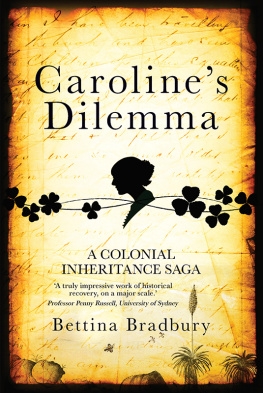
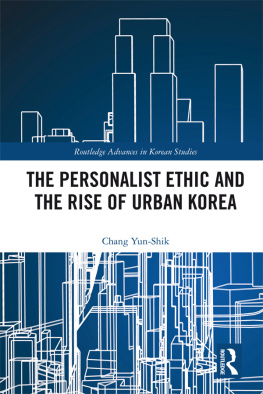
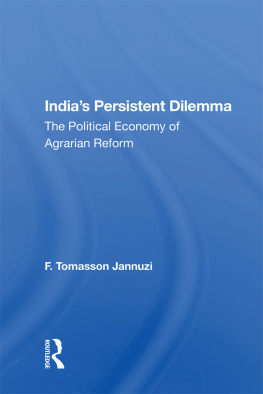
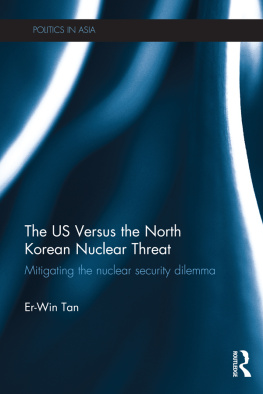
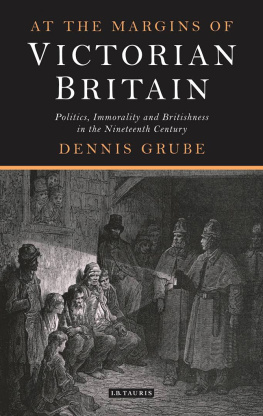
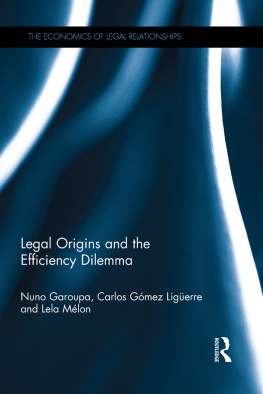
![Harvie Christopher - Nineteenth-century Britain: a very short introduction ; [in memorian Colin Matthew]](/uploads/posts/book/137651/thumbs/harvie-christopher-nineteenth-century-britain-a.jpg)

